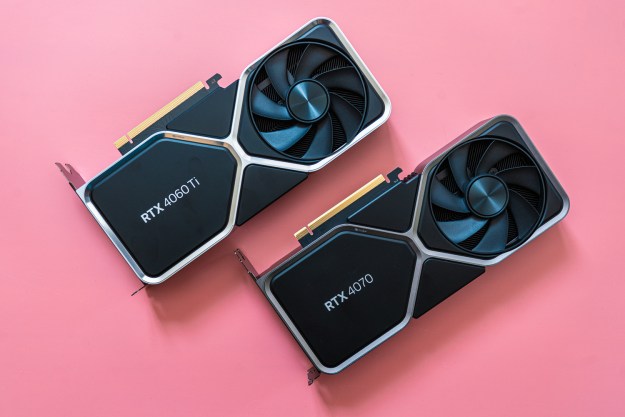Virgin Hyperloop has just dropped a new video telling us all about its proposed ultra-high-speed transportation service, which it insists will “set the standard for 21st-century travel.”
The two-and-a-half-minute presentation blends images of the expected passenger experience with a raft of technology insights explaining how the whole thing works.
If Virgin Hyperloop gets to commercialize the technology and fulfill its dream of building ultra-high-speed routes connecting cities around the world, then a trip between, say, Los Angeles and San Francisco would take just 30 minutes instead of the usual six hours by car. Perfect if you like getting around quickly and hate flying.
It was Musk that really put the focus on the hyperloop project when he started talking about the idea in 2012. That was followed up a short while later by a 57-page white paper outlining some of the proposed technology behind it.
Musk spoke of a superfast transportation service designed to propel passenger-filled capsules at airplane speeds through a vacuum environment. But busy with Tesla and SpaceX, Musk passed the hyperloop project to others, though he continues to champion the idea.
In 2017, along came Richard Branson (yes, that’s the same guy who also founded Virgin Galactic and recently flew to the edge of space aboard a rocket plane), whose Musk-like belief in the project led to the creation of Virgin Hyperloop.
Following years of work and hundreds of tests, Virgin Hyperloop conducted the first test run of its technology using human passengers in November 2020. Josh Giegel, the company’s co-founder and CEO, and Sara Luchian, director of Virgin Hyperloop’s passenger experience, reached a speed of 107 mph (172 kph) at Virgin Hyperloop’s DevLoop test site in Las Vegas. While the speed was much slower than the planned 760 mph (1,223 kph) that the capsule will one day potentially travel, the test run showed the technology is now safe enough to carry human passengers.
Virgin Hyperloop is convinced that following its run of successful tests, it can now start to make serious efforts to plan for hyperloop services around the world.
“We’ve proven the technology at our DevLoop test site, and now we’re bringing it to the world — working with visionary governments and partners who understand the transformative power this technology has to deliver unprecedented connectivity and opportunity,” the company said recently.
Despite the upbeat talk, it’s still unclear when anyone might be climbing aboard a hyperloop capsule as part of a regular commercial service, though we’ll be sure to keep you posted of developments.
Editors' Recommendations
- Watch video of Virgin Hyperloop’s vision for its ultrafast transportation service
- A hyperloop pod just carried its first passengers in test trip


